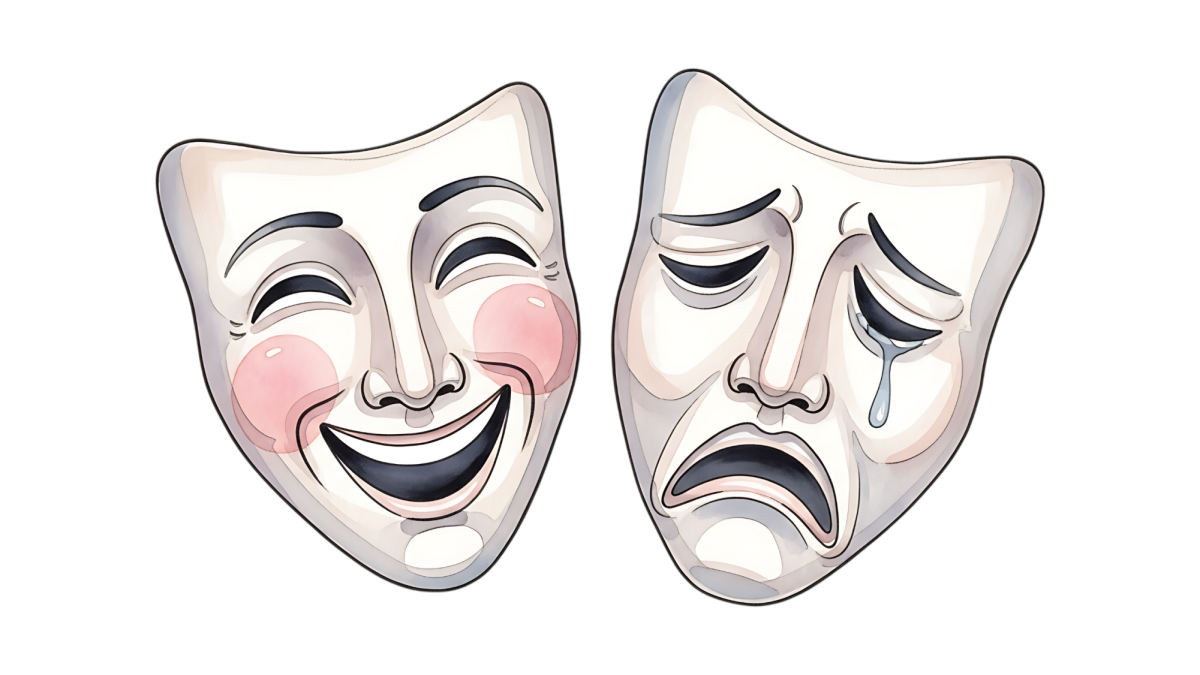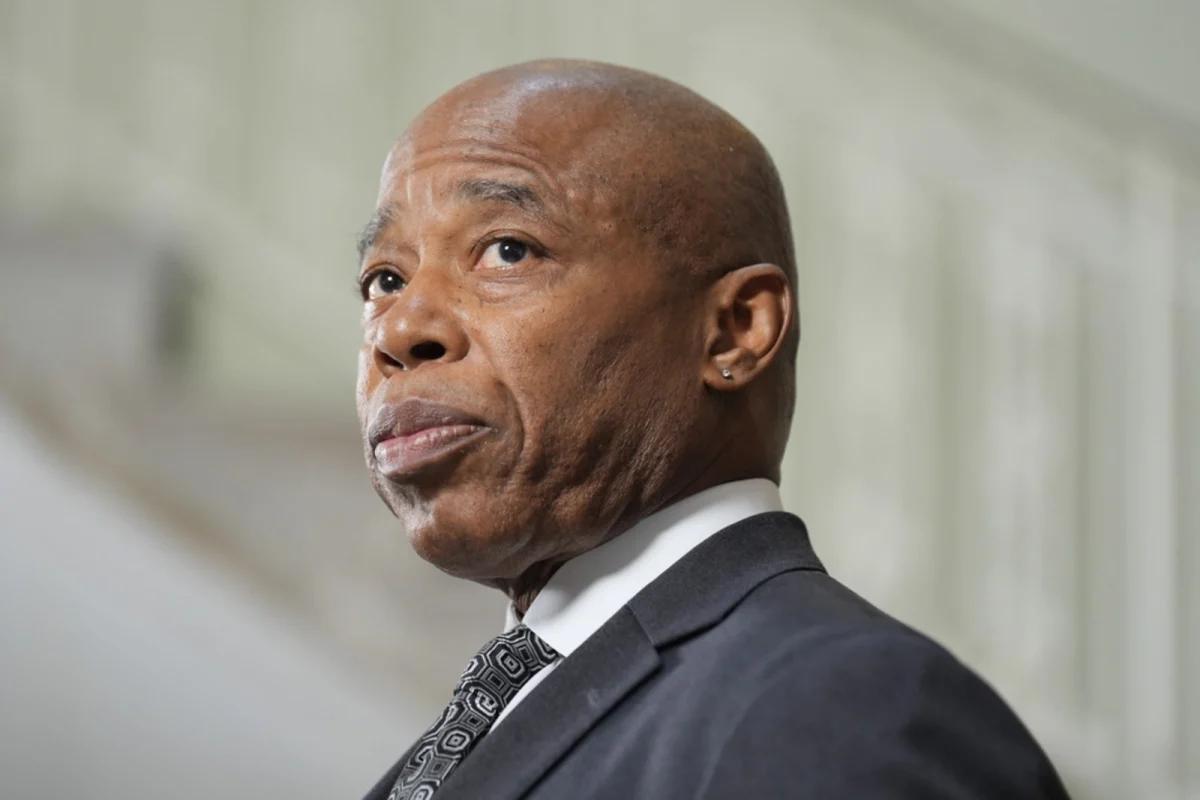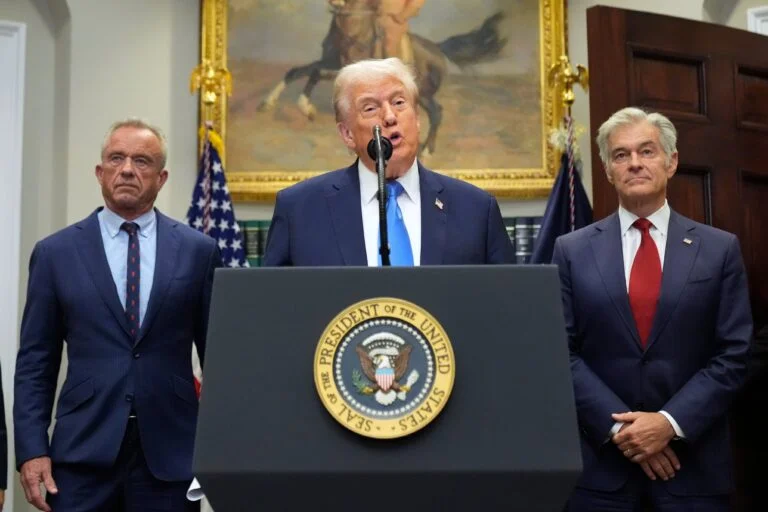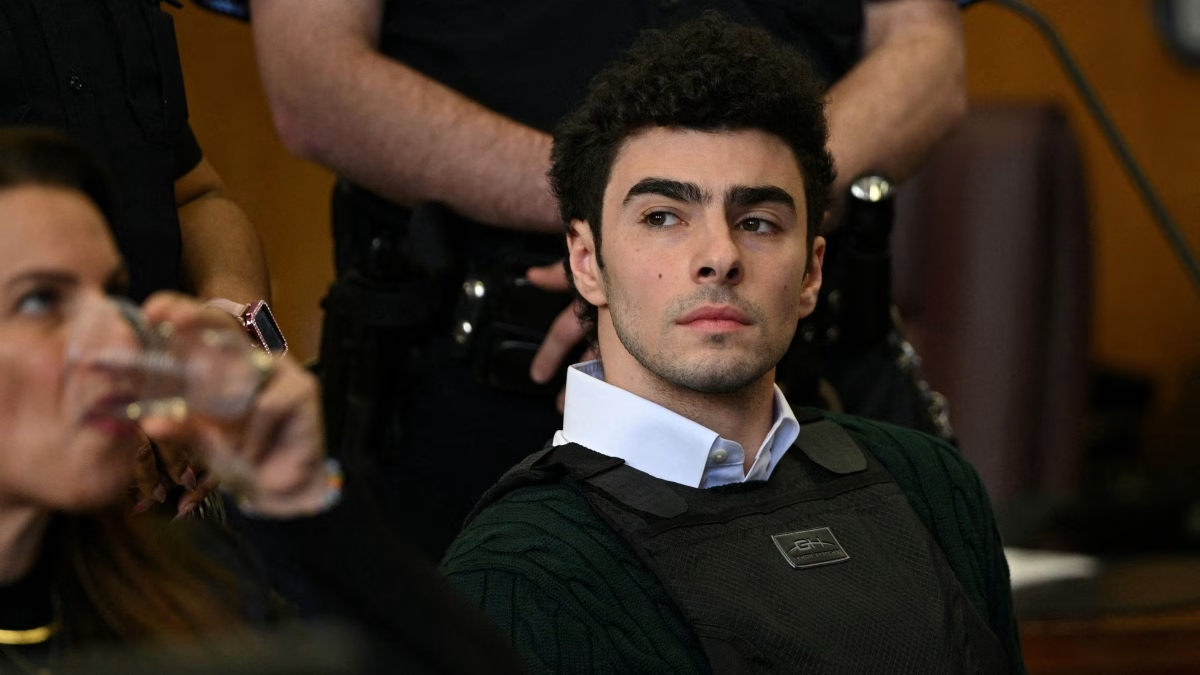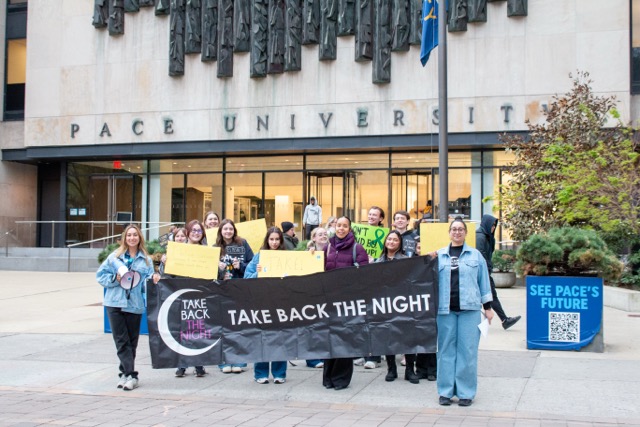There are close to 60,000 pharmacies in the United States, two-thirds of which are now owned by discount stores like Walmart, supermarkets like Publix, and drugstore chains such as Walgreens, CVS and Rite Aid. In contrast to locally owned, independent community pharmacies, which stopped selling cigarettes long ago or never sold them to begin with, virtually all of the chain drugstores still display cigarettes at the check-out counter.
Until now that is, when the second largest drugstore chain, CVS, has made the decision to pull them from the shelves. When CVS announced on Feb. 5 that it was dropping cigarette sales, even those who have worked for many years for this were caught off guard. The drugstore chains had all been unwavering in their refusal to make such a move and give up this revenue. Cigarettes represent a relatively small percentage of the chains’ profit, but their availability lures customers who then buy other items.
In reality, customers who smoke cigarettes are far more likely to need the medications and other remedies that drugstores sell.
The chief executive officer of the pharmacy chain CVS, Larry J. Merlo, described his company’s decision to stop selling tobacco products as such: “We have about 26,000 pharmacists and nurse practitioners helping patients manage chronic problems like high cholesterol, high blood pressure and heart disease, all of which are linked to smoking.” According to Merlo, the company came to the decision that cigarettes and providing health care just don’t go together in the same setting.
They called the decision a “significant step toward promoting better health” in helping people manage conditions that are worsened by smoking. “Tobacco has no place in a setting where healthcare is delivered,” Merlo said in a corporate video announcement.
Smoking termination products like nicotine patches, however, will still be available at CVS stores. Dr. Troy Brennan, CVS’s chief medical officer, says CVS and their employees should be helping patients manage their medications for diseases like diabetes, hypertension, and heart disease.
One of CVS’ main competitors, Walgreens, which also operates the Duane Reade chain, said only that it has been evaluating its sale of tobacco products for some time and will continue to do so. Also, Rite-Aid said it continually looks at whether its offerings meet “the needs and interests of its customers.” Both chains noted that they offer products aimed at helping people stop smoking.
University students had differing opinions. “I think it’s contradicting for them to sell alcohol and stop the selling of cigarettes. They will lose customers,” said Senior Michelle Perez. However, Junior, Michael Dolan saw this as a positive move: “I think that the CVS announcement sends a powerful message that if you’re in the business of health care you shouldn’t be in the business of selling products that harm you.” Dolan and agreeing students remain hopeful the CVS decision will spark a ripple effect for other pharmacies.


